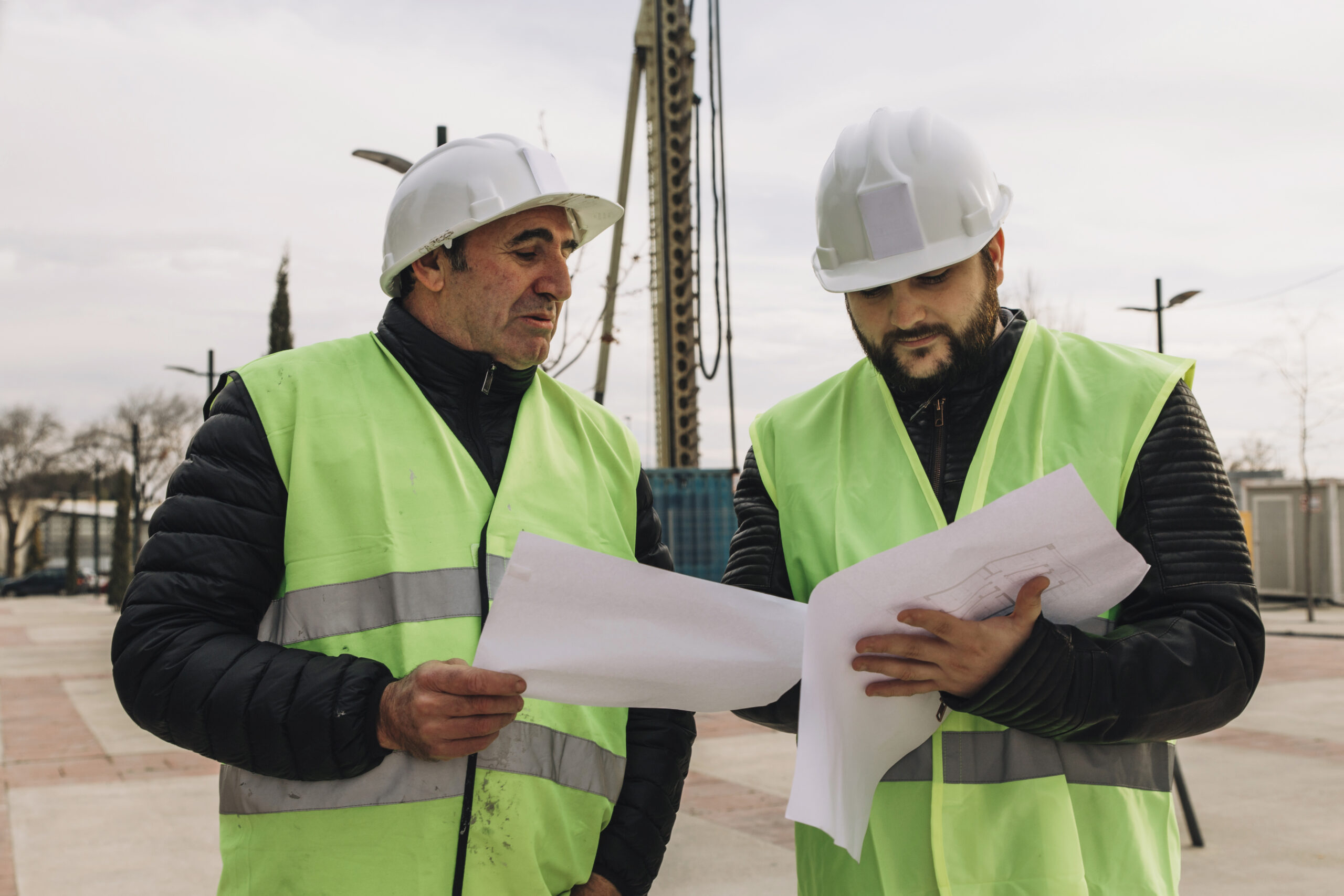The Ministry of Labour (MOL) in the United Arab Emirates (UAE) plays a pivotal role in regulating labor laws, safeguarding worker rights, and fostering economic growth. As a cornerstone institution in the UAE’s robust economy, MOL UAE ensures harmony between employers and employees while adhering to international labor standards. In this blog, we’ll explore MOL’s objectives, services, and its vital contribution to the UAE’s labor ecosystem.

Overview of MOL UAE
The Ministry of Labour, now integrated into the Ministry of Human Resources and Emiratisation (MOHRE), is a governmental body responsible for labor market regulation in the UAE. Established to ensure the proper implementation of labor laws, MOL focuses on creating a balanced and fair working environment for all stakeholders.
Key functions of MOL include:
- Formulating labor policies.
- Monitoring compliance with labor laws.
- Resolving labor disputes.
- Promoting Emiratisation (hiring of UAE nationals in the private sector).
- Issuing work permits and ensuring the legal employment of expatriates.
Vision and Objectives
The Ministry envisions a thriving labor market driven by innovation, efficiency, and inclusivity. Some of its core objectives are:
- Regulation of Labor Relations: MOL creates and enforces regulations to ensure fair treatment and legal protection for workers and employers alike.
- Promoting Workforce Nationalisation: Through Emiratisation initiatives, MOL incentivizes businesses to hire UAE nationals, contributing to sustainable economic growth.
- Enhancing Workforce Productivity: By setting labor standards and offering training programs, MOL aims to cultivate a highly skilled and efficient workforce.
- Ensuring Workplace Welfare: From safety measures to wage protection systems, MOL prioritizes the well-being of workers across industries.
Services Offered by MOL
The Ministry of Labour provides an array of services, many of which are now accessible online through the MOHRE portal or its mobile application.
1. Work Permits
MOL issues different types of work permits to expatriates, allowing them to legally work in the UAE. Categories include initial work permits, renewal permits, and temporary permits for part-time jobs.
2. Labor Contracts and Amendments
Employers are required to register labor contracts with MOL, ensuring transparency in employment terms. Workers can also amend or cancel contracts under specific guidelines.
3. Wage Protection System (WPS)
WPS is an electronic salary transfer system ensuring workers receive their wages on time and as agreed upon. MOL monitors this system to curb exploitation and financial disputes.
4. Resolution of Labor Disputes
MOL offers mediation services to resolve disputes between employers and employees. This process often serves as a first step before cases are escalated to the labor court.
5. Emiratisation Programs
The UAE government actively promotes the integration of Emiratis into the private workforce. MOL collaborates with employers to meet Emiratisation quotas and offers incentives for compliance.
6. Occupational Health and Safety Standards
MOL ensures that businesses comply with regulations concerning workplace safety. This includes guidelines for hazardous industries like construction and oil & gas.
7. Inspection Services
Regular inspections by MOL ensure compliance with labor laws, particularly in areas like working hours, safety measures, and wage payments.
The Role of MOL in Labor Law Enforcement

MOL is instrumental in enforcing the UAE Labour Law, which governs employment relationships in the private sector. Key aspects of the law include:
- Employment Contracts: All employees must have a written contract specifying job roles, wages, and other terms.
- Working Hours and Leave: The law stipulates an eight-hour workday, with mandatory overtime pay for additional hours. Employees are also entitled to annual, sick, and maternity leave.
- Termination and End-of-Service Benefits: MOL oversees fair practices in terminations and calculates gratuities based on years of service.
- Non-Discrimination and Equality: It prohibits discrimination based on race, gender, nationality, or religion.
The Ministry regularly updates these laws to address emerging workforce needs and global best practices.
Digital Transformation of MOL Services
As part of the UAE’s vision for a smart government, MOL has digitized most of its services through the MOHRE platform. This digital transformation has streamlined processes, reduced paperwork, and made services more accessible to workers and employers.
Key features of MOL’s digital ecosystem include:
- Online Portals: Employers can apply for permits, submit documents, and pay fees through the website or mobile app.
- Smart Labour Card: A digital version of the traditional labor card, accessible through smartphones.
- Customer Support: A 24/7 hotline and live chat services offer immediate assistance.
Challenges and Solutions
While MOL has made significant strides, certain challenges persist:
- Labor Disputes: Cases of unpaid wages or unfair treatment still arise despite strict laws. MOL addresses this by offering quicker resolution mechanisms and increasing awareness among workers.
- Worker Exploitation: The Ministry collaborates with international organizations to curb exploitation and promote ethical recruitment practices.
- Adaptation to Technological Change: With the rise of AI and automation, MOL is focusing on upskilling programs to prepare the workforce for the future.
Promoting Diversity and Inclusion
The UAE’s labor market is among the most diverse globally, with workers from various nationalities contributing to its growth. MOL ensures inclusivity through:
- Prohibiting workplace discrimination.
- Advocating equal pay for equal work.
- Supporting women’s participation in the workforce.
Future Prospects and Initiatives

As the UAE prepares for economic diversification, MOL is set to play a critical role in workforce development. Some notable future initiatives include:
- Green Economy Projects: Creating jobs in renewable energy and sustainable industries.
- AI Integration: Leveraging artificial intelligence for efficient labor management and policy-making.
- Global Partnerships: Collaborating with international organizations to enhance worker welfare and employment opportunities.
Conclusion
The Ministry of Labour UAE stands as a pillar of the nation’s development, ensuring fair treatment, welfare, and opportunities for all workers. By embracing innovation and maintaining a strong regulatory framework, MOL continues to support the UAE’s vision of a prosperous and inclusive economy.
Whether you’re an employee seeking guidance or an employer navigating regulations, MOL’s comprehensive services make it a reliable partner in achieving success within the UAE’s dynamic labor market. Visit MASDAR EOR for more insights.

